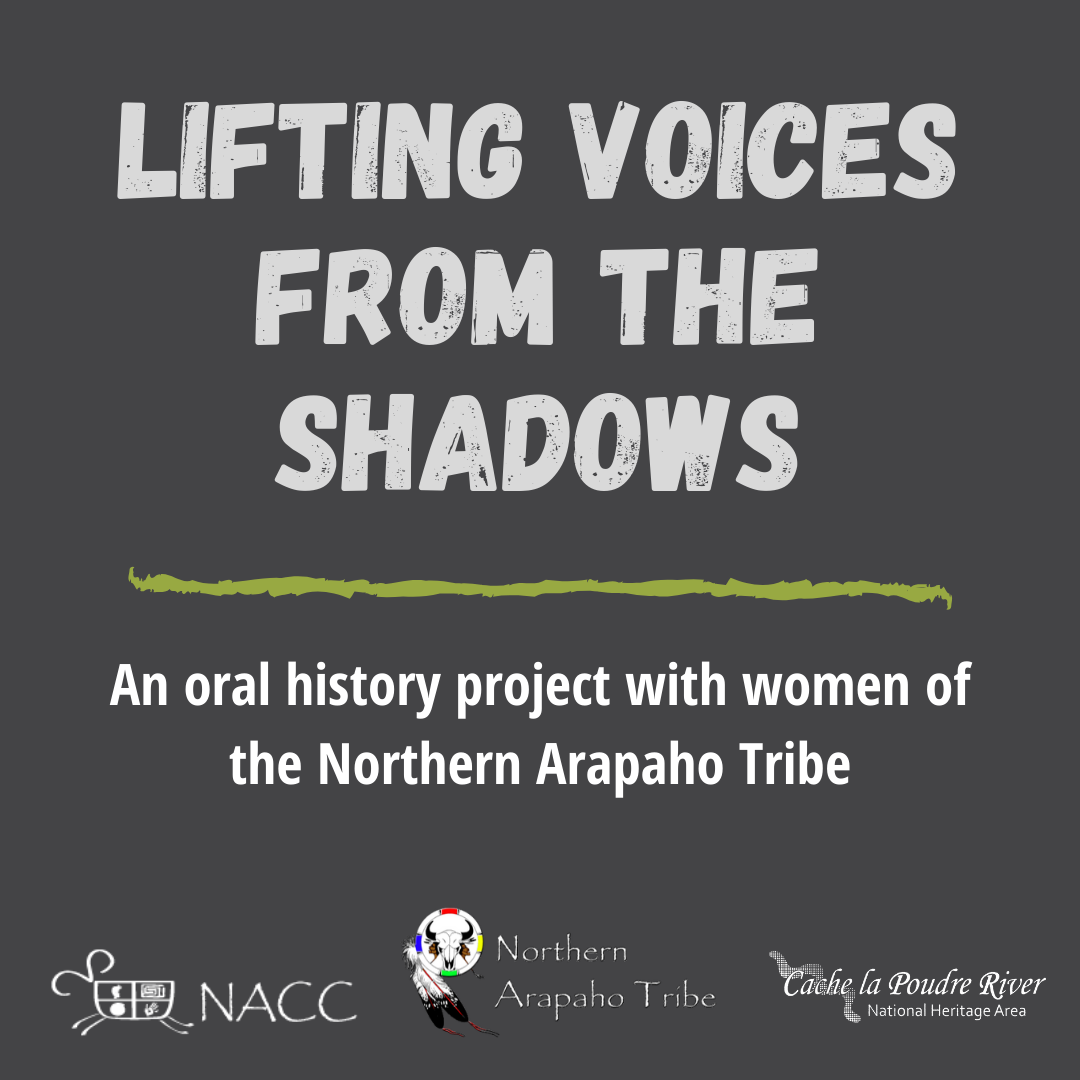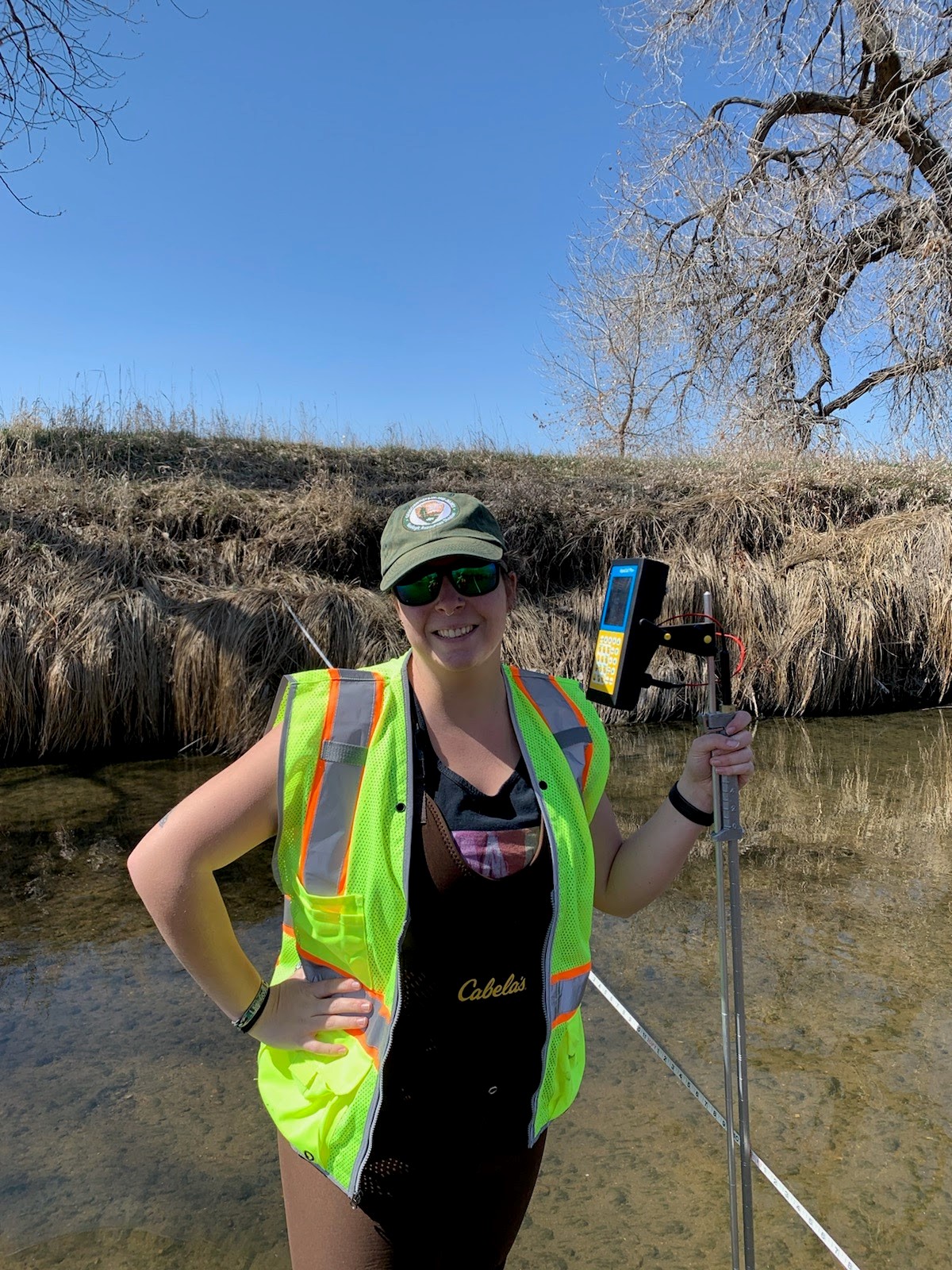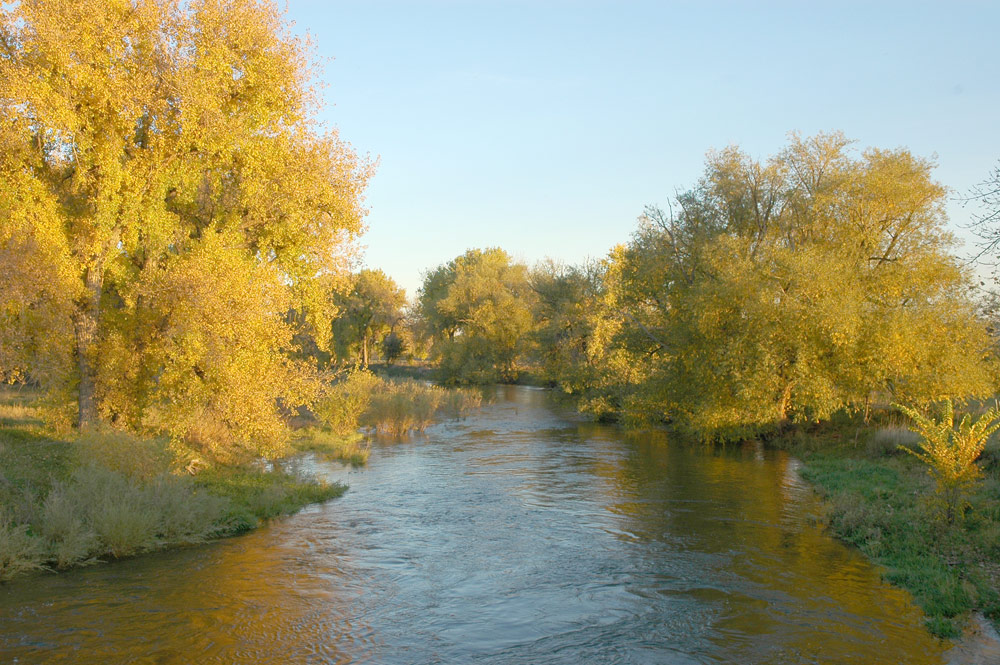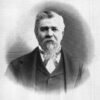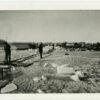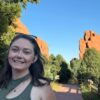NEWS RELEASE
August 18, 2020
For immediate release; for more information, contact:
Megan Maiolo-Heath, Communications Coordinator
Poudre Heritage Alliance
970.295.4851
communications@poudreheritage.org
To Commemorate the Centennial of the 19th Amendment, Poudre Heritage Alliance Receives Women in Parks Grant from the National Park Foundation
[Fort Collins, CO] (August 18, 2020) – To commemorate the centennial of the 19th amendment, which prohibited states from denying the vote on the basis of sex, and recognize centuries of under recognized sacrifices and contributions to the U.S. made by women, including Black women, Indigenous women and all women of color, the National Park Foundation (NPF) announced more than 20 inaugural grants through its Women in Parks initiative. These grants will fund projects highlighting women’s stories at national parks across the country, including “Lifting Voices from the Shadows” oral history project with women from the Northern Arapaho Tribe. You can view a complete list of NPF-funded projects here.
The Poudre Heritage Alliance’s “Lifting Voices from the Shadows” project is recording oral histories from Northern Arapaho women to create online content like short educational videos and future programming like guided walks, talks and special events. This includes a recent webinar that acknowledges what citizenship means for Indigenous women who were not among the women granted the right to vote through the 19th Amendment and how that still resonates today.
“We have women here who are willing to share their stories, share their information, share their experiences and their perspectives,” said Yufna Soldier Wolf, Northern Arapaho tribal historian and partner on the Lifting Voices project. “I don’t think this has ever done before for any of the women on the reservation.”
New research released by NPF shows a gap in understanding women in U.S. history still exists. This new study found that 64 percent of the American public wish they knew more about women in U.S. history.
Communities across the country are interested in closing this gap, as 62 percent of those surveyed think it is extremely or very important for people to learn about women in U.S. history. Seventy-four percent indicated that it is extremely or very important that national parks connect people to history.
“The National Park Service offers unique opportunities to learn about women’s important contributions and how even their silent and diverse everyday lives formed the foundations of America,” said National Park Service Chief Historian Dr. Turkiya Lowe. “Parks are spaces to ask complex questions about the history of the United States, including, ‘Did all women obtain full voting rights after the passage of the 19th amendment?’ ‘And, if not, which women and where?’”
The Women in Parks grants support a range of projects that will highlight the contributions women have made to our country and the role they continue to play in our ever-evolving narrative.
“Every park has a connection to women that can inspire current and future generations,” said NPF President and CEO Will Shafroth. “The National Park Foundation and our donors, who played a key role in inspiring the launch of our Women in Parks initiative last year, are thrilled to make stories about women’s contributions to our country, past and present, accessible to all people through parks and online.”
NPF’s Women in Parks initiative is inspired by the National Park Service’s commemoration for the 100th anniversary of the ratification of the 19th Amendment and the bipartisan Women’s Suffrage Centennial Commission (S.847). Launched in June 2019, Women in Parks is part of the NPF’s ongoing efforts to help expand the stories and perspectives shared through national parks. The initiative will continue throughout 2020 and beyond.
“The centennial of the 19th Amendment is an extraordinary opportunity to strengthen knowledge, research and outreach efforts related to the impact of women in all aspects of U.S. history,” said Margaret Everson, Counselor to the Secretary, exercising the delegated authority of the National Park Service Director. “This partnership will enable national parks to tell a more complete and compelling story of the history of our nation.”
From local philanthropic organizations and friends groups, to community-based organizations, national park and program partners are key collaborators in preserving women’s history and making it accessible to all people. In addition, just like the parks themselves, every partner group has a connection to women.
Individuals, foundations, and companies can support the National Park Foundation’s efforts to ensure that women’s history in the United States is shared, preserved, and leveraged to inspire current and future generations by visiting the NPF website.
ABOUT THE CACHE LA POUDRE RIVER NATIONAL HERITAGE AREA AND THE POUDRE HERITAGE ALLIANCE
The Cache la Poudre River National Heritage Area (CALA), a 45-mile stretch of the Lower Poudre River, tells the story of the river where Western Water Law took shape and how the river still informs the use of water throughout the arid West today. CALA’s 501(c)3 nonprofit managing entity – the Poudre Heritage Alliance – PROMOTES a variety of historical and cultural opportunities; ENGAGES people in their river corridor; and INSPIRES learning, preservation, and stewardship. Find out more at: https://poudreheritage.org/
ABOUT THE NATIONAL PARK FOUNDATION
The National Park Foundation is the official charity of America’s national parks and nonprofit partner to the National Park Service. Chartered by Congress in 1967, the National Park Foundation raises private funds to help protect more than 84 million acres of national parks through critical conservation and preservation efforts and connect all Americans with their incomparable natural landscapes, vibrant culture, and rich history. Find out more and become a part of the national park community at www.nationalparks.org.
###
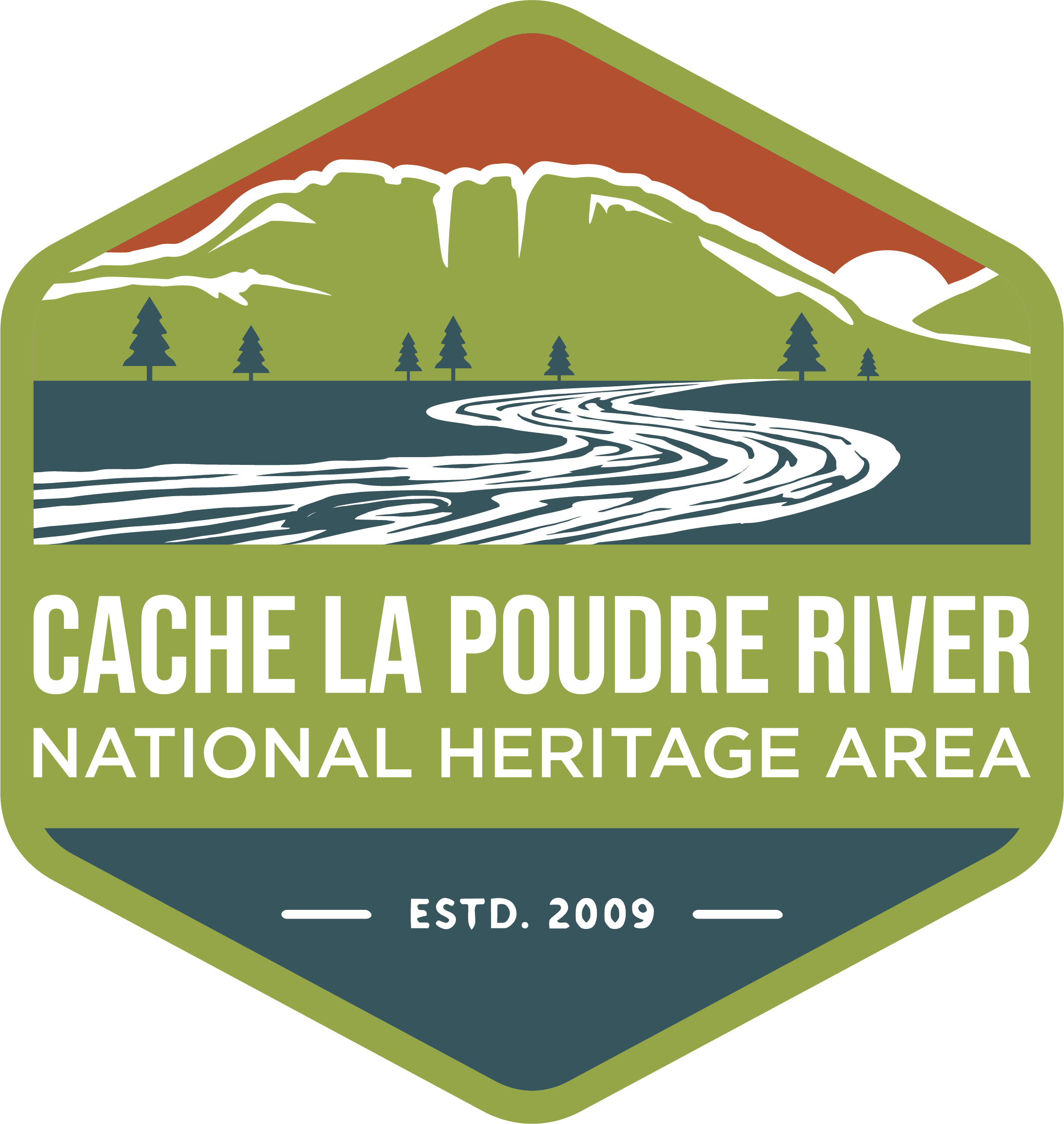



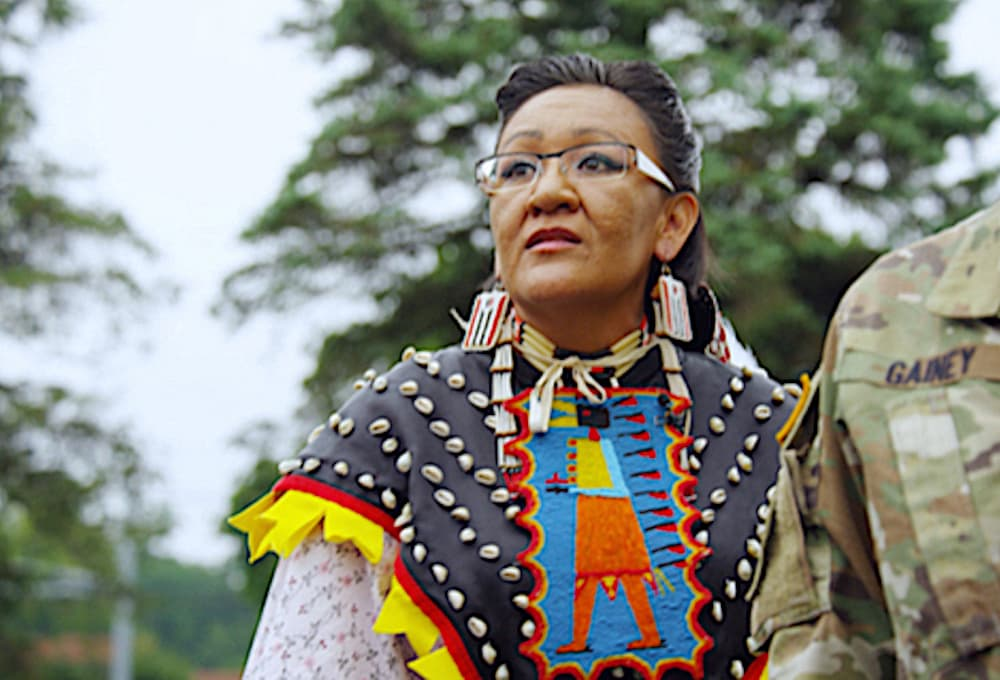
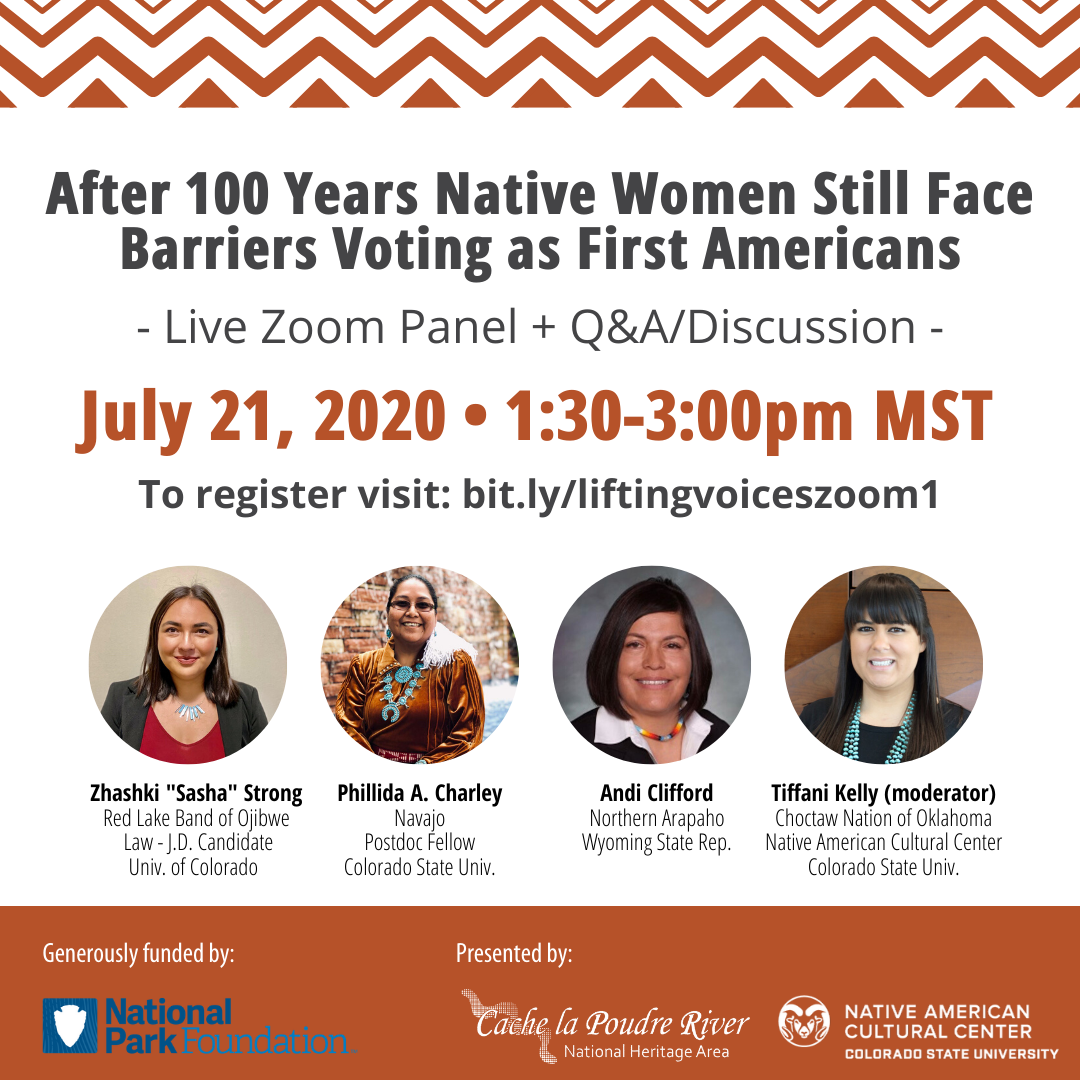

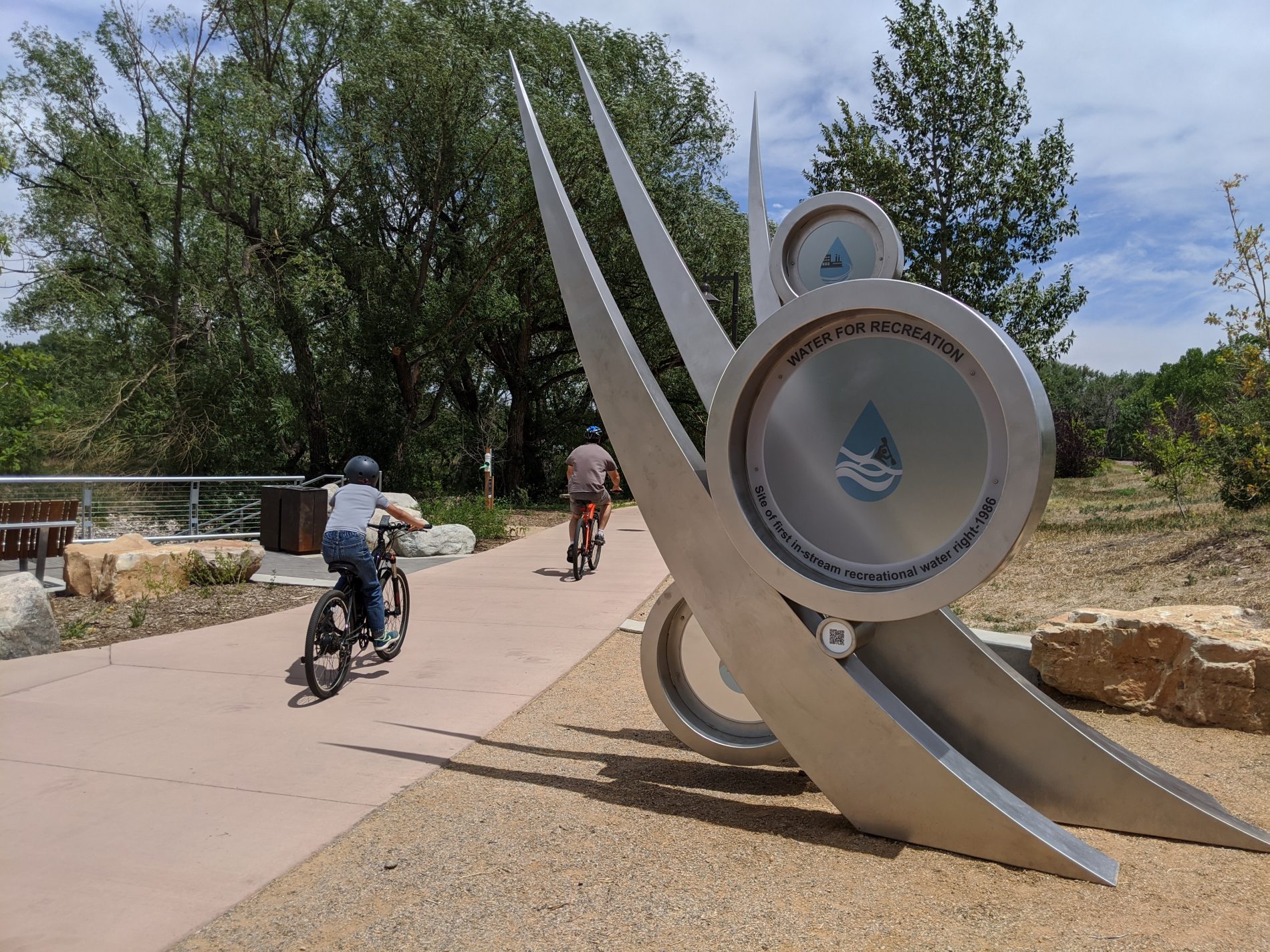
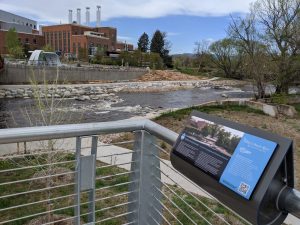
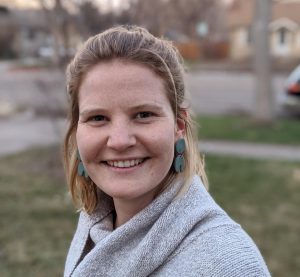 I grew up in a large family just outside of Baltimore before moving to Minnesota to attend Carleton College where I studied history and spent my summers canoeing in the Boundary Waters. After graduation I began working for the
I grew up in a large family just outside of Baltimore before moving to Minnesota to attend Carleton College where I studied history and spent my summers canoeing in the Boundary Waters. After graduation I began working for the 